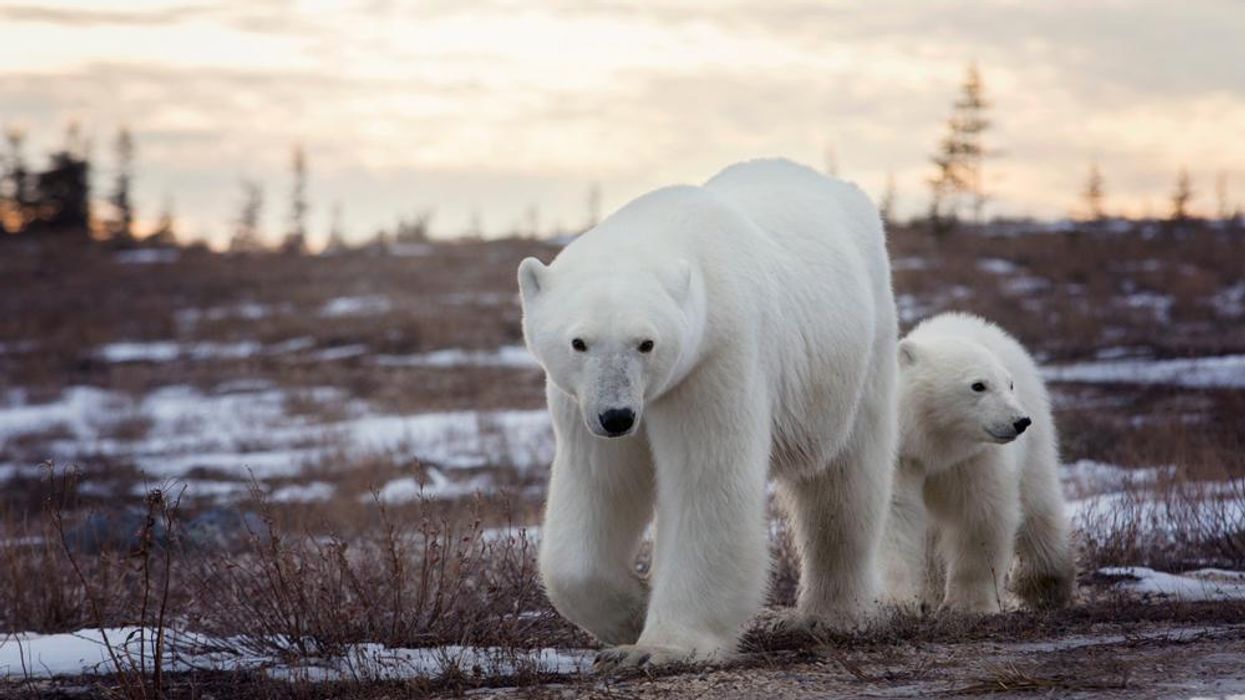A recent killing in Alaska has environmentalists concerned about the role of climate change in the behavior of polar bears.
A mother and her one-year-old son were killed last week in an Alaskan village when a polar bear emerged from a snowstorm and attacked near a school. The bear was eventually shot by another resident, but has since called attention to the relationship between humanity and the northern predator.
A 2017 study in Researchgate found that there have only been 73 documented polar bear attacks between 1870 and 2014, with just 20 deaths. The last deadly attack from a bear in the state occurred in 1990, with the bear showing signs of starvation.
Though the U.S. Fish and Wildlife Service has said they are still investigating the circumstances of the recent mauling , Geoff York, senior director of conservation at Polar Bears International and co-author of the 2017 paper, believes it's possible that this bear was also desperate.
“Animals in poor body condition are just more likely to take risks," he told The Washington Post. "They’re more likely to be desperate and to do things that a healthy bear typically wouldn’t do. And those are the bears specifically that people have to be worried about."
As arctic ice melts, polar bears find difficulty mating, raising cubs, and sustaining their diet. They are forced to migrate further South, where they're more likely to encounter humans.
“Human-polar bear interactions are expected to increase as polar bears spend more time on shore in more places," York explained.
Polar bears are listed as threatened under the Endangered Species Act, which cites loss of ice as “the primary threat to polar bears."
Jon Aars, head of the Norwegian Polar Institute’s polar bear program, said that bears could attack even when healthy, but they still shouldn't be blamed. Instead, governments should implement warning systems, and teach residents how to behave amongst wildlife.
“[Polar bears] do the best out of the situation, they look for alternatives when there’s no ice,” Aars said. He added, "I think it’s not very likely that they will be able to survive in areas where you have no sea ice at all.”
- Is Autumn Disappearing? Climate Scientists Say Yes ›
- Over One Million Without Power Due to Harsh Winter Storms ›
- Climate Change Is Dramatically Transforming the Arctic ›
- Half of Earth's Glaciers Will Melt By End of Century, Study Finds ›
- It's Too Late to Stop Arctic Sea Ice From Melting in Summer ›
- Arctic Ice Hits Historic Low, Scientists Fear 'the Beginning of the End' ›
- Iceberg the Size of London Breaks Off Antarctica ›


















































